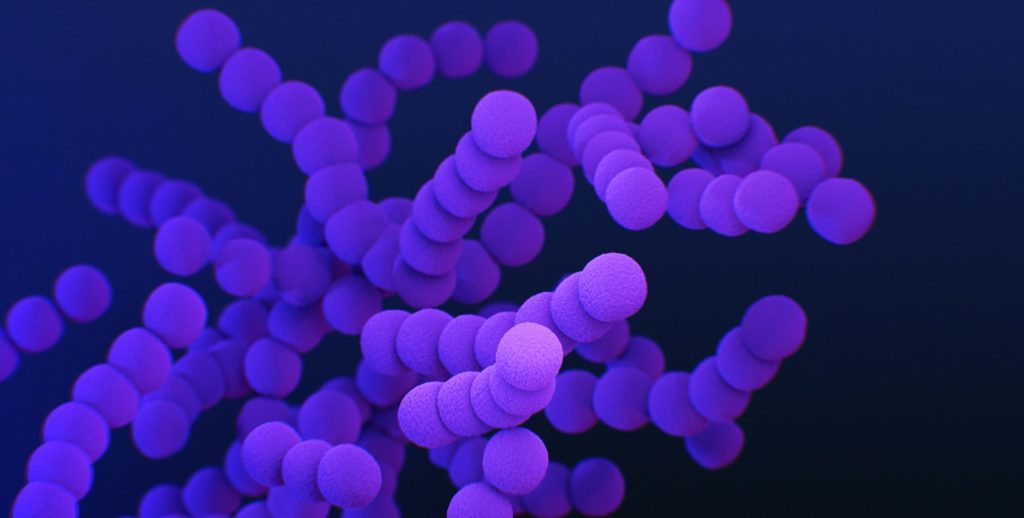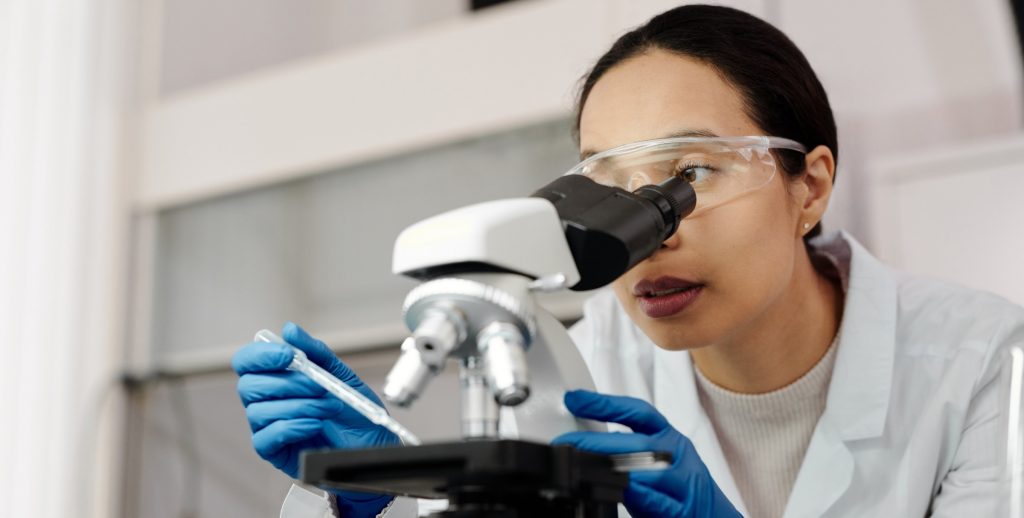How does PCR testing work?
When you’re worried about the prospect of having an STI, it’s easy to look at the world of medical testing and get a bit confused.
But Better2Know is here to demystify the world of STI testing and make it easy for everyone involved to understand.
PCR testing is one of the main testing tools we use to detect STIs. But how does it work?
Keep reading to find out.

Are you concerned about STI? Book an appointment at a sexual health clinic near you.
What are STIs?
To understand how we test for STIs, you need to understand what STIs are in their most basic form.
Sexually transmitted infections (STIs) are infections that pass between people primarily through sexual contact. This can refer to a range of activities, including vaginal, anal, and oral sex, along with sharing sex toys. During these activities, infected bodily fluids come in contact with mucous membranes or blood, thus passing on the infection.
Other acts can also pass on certain infections, including foreplay, genital-to-genital touching, kissing, and more.
While sexual activity is the main method of contracting an infection, infections themselves don’t discriminate in their mode of transmission. Some STIs can be passed on through blood-to-blood contact, like blood transfusions, needle stick injuries, and sharing needles for drug use.
What is PCR testing?
One of the main forms of testing for STIs is PCR testing.
PCR (polymerase chain reaction) testing is a form of NAAT (nucleic acid amplification) testing that uses thermal cycling processes and enzymes to detect pathogens within a provided sample.
A sample—usually a blood, urine, or swab sample—is taken from the patient. A thermal cycler heats and cools the sample several times while primers and polymerase enzymes are added at different stages.
This creates conditions for the DNA of the pathogen in question to be copied millions (or sometimes billions) of times to reach detectable levels. The DNA is then detected using fluorescent tubes or dyes.
In this way, rather than checking for the markers of an infection, like with an antibody test, a PCR test can detect the actual presence of the virus, bacteria, or parasite within the sample.
Why do we use PCR testing for STIs?
PCR tests precisely detect even small amounts of genetic material within a given sample. That is why we use them to test for many infections caused by bacteria, viruses, and parasites.
When should I get a PCR test?
If you think you may have been exposed to an STI, you may want to consider getting a PCR test. However, it’s also really important to know when to get tested.
There is a period of time between when you are infected and when an infection can be reliably detected on a test. This is known as the incubation period.
The length of an incubation period depends on the infection, but also depends on the test method used.
Since PCR tests look for the actual genetic material of the infecting organism, this method usually enjoys a shorter incubation period than other alternative tests.
Finding out as soon as possible if you are infected is always better, allowing you to start treatment and halt the damage the infection will do. Some infections can be detected after a few days, while others may require several weeks.
What STIs can be detected with a PCR test?
Here are some STIs that can be detected with a PCR test:
- HIV
- Syphilis
- Chlamydia
- Gonorrhoea
- Herpes I & II
- Hepatitis A
- Hepatitis B
- Hepatitis C
- HPV
- Trichomonas
- Mycoplasma
- Ureaplasma
- Gardnerella
NOTE: While many infections can be detected through a PCR test, some infections can be more quickly detected with other tests, like antibody or antigen tests. PCR tests can only detect current infections, so they can’t tell you if you’ve had an infection in the past.
Final thoughts
If you’re concerned about STIs, we want to ensure you get the right test.
Click the button below to begin an online booking for an STI test at a sexual health clinic near you.
You can also call the number at the top of this page to speak to one of our dedicated Sexual Health Advisors. They can talk you through your situation, book you an appointment, and help you choose a test that will meet your needs.

Don’t leave your sexual health to chance. Get tested with Better2Know today.
Categories
- Awards
- Bacterial Vaginosis
- Blood Tests
- Cervical Cancer
- Chlamydia
- Condoms
- Covid-19
- Gardnerella
- Genital Warts
- Gonorrhoea
- Health and Wellness
- Hepatitis A
- Hepatitis B
- Hepatitis C
- Herpes
- HIV
- HIV (AIDS)
- Home Testing
- HPV
- Instant Testing
- MSM
- Mycoplasma
- News
- Non-Specific Urethritis
- PAP Smear
- Pre-Pregnancy
- Sexual Health
- STD Symptoms
- STD Tests and Screens
- STI Transmission
- Stigma
- STIs
- Swab Tests
- Syphilis
- Trichomonas
- Ureaplasma
- WSW
- Zika




